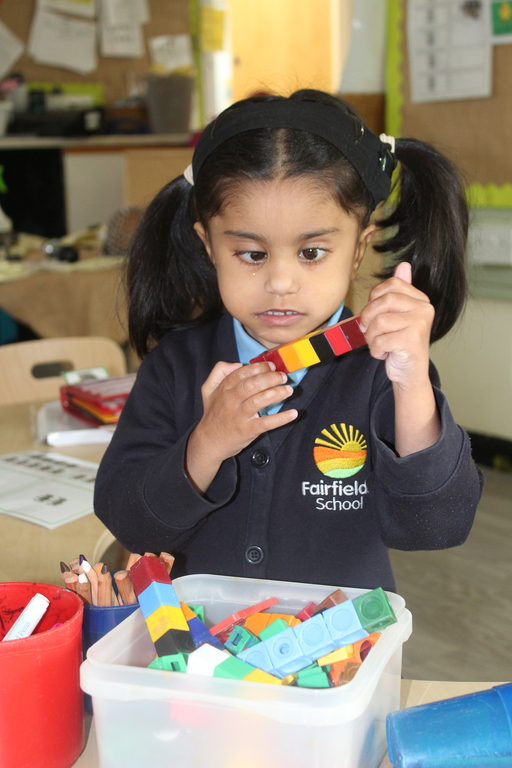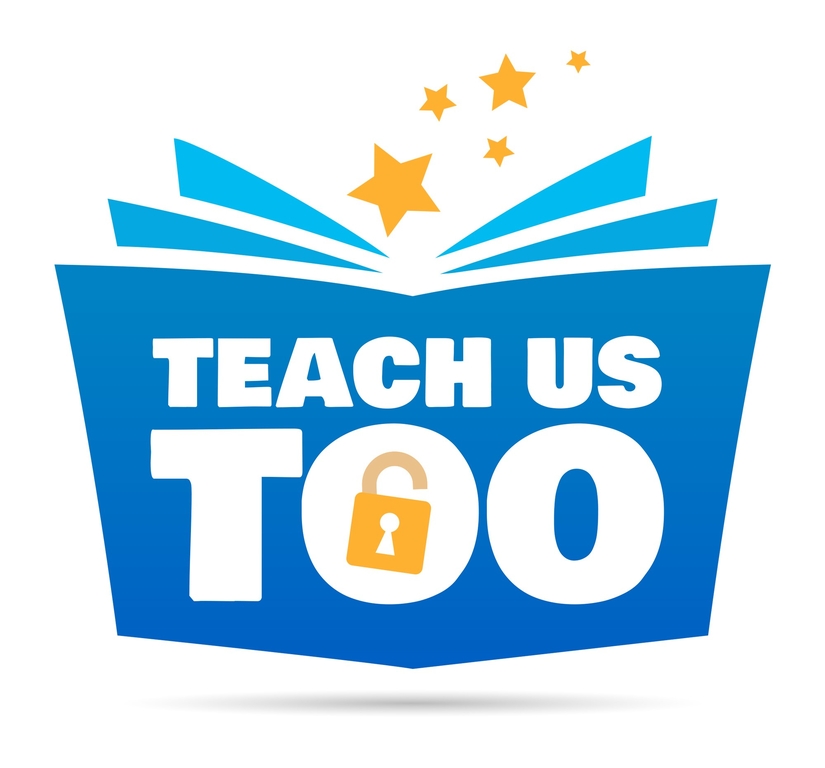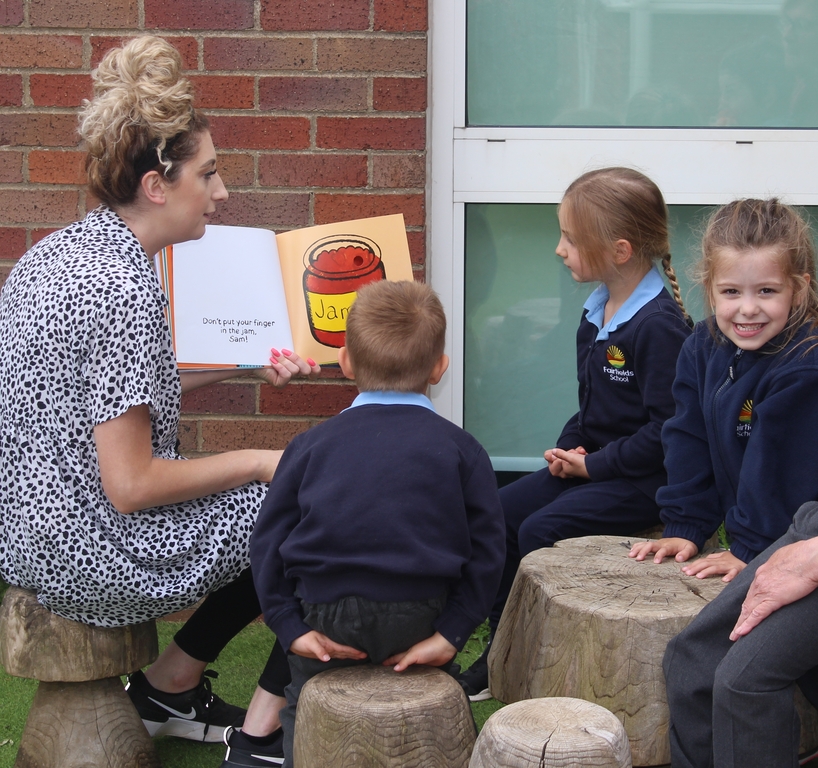
Our school beliefs underpin our curriculum approach. The small steps children take in their learning are planned and assessed so there is always the potential for progress. Children’s learning occurs across the whole curriculum. We use a topic approach to motivate and engage children in their learning.
We believe that our topic approach provides a variety of contexts for pupils to develop and consolidate their skills, whilst ensuring there are opportunities for enquiry and independent investigation and learning.
Our developmental, Curriculum for All ensures that teaching and assessment is tailored to each child’s individual needs (‘pitch perfect’) as pupils are appropriately challenged in their learning. Our Curriculum for All provides specific developmental objectives for a pupil which means they can access their learning at an appropriate level to make progress across the curriculum.
Please see our Curriculum Overview for more information.
Curriculum for all
- Designed specifically for our pupils based on their skills and desired outcomes
- A developmental, progression model
- Used to assign appropriate educational access points for learning; enabling each child to have opportunities to secure and master skills, making them transferable to a range of contexts
- Focuses on skill development and "teaches" subjects when appropriate
Each Key Stage follows a Long Term Plan which provides details of where the subject content will be taught and the context which it will be delivered through. These can be accessed from the sidebar of the page.
If you require further information regarding our curriculum, you can contact Nicky Wood (Deputy Head) on 01604 714777.
https://fairfields.northants.sch.uk/pupils/the-curriculum#sigProId5643b9b921
I like the care school gives to my son; school keeps me informed about everything.
Reading at Fairfields
At Fairfields, we believe that it is essential that pupils have the prerequsite skills necessary for phonics, reading, and writing. Through effective assessment we determine a pupil’s readiness for phonics and reading; once assessed as being ready, pupils access daily phonic lessons as well as regular opportunities to develop their reading skills. We are currently transitioning from the Read, Write Inc approach to a new validated phonics scheme - "Monster Phonics".

Monster Phonics is a validated SSP scheme that teaches the foundations (The Foundation in Phonics programme) of sounds around us, rhythm and rhyme, verbally decoding sounds and learning letter sounds and graphemes. The approach of Monster Phonics is multi sensory and this is supported by the strong visuals of the Monster characters. The progression of Monster Phonics begins with the Foundation stage (Phase 1) and moves into Pre Phase 2 and the Phase 2 which is where we meet the letter sounds.
Monster Phonics makes learning fun and more memorable. Each monster has its own character, sounds, action and back story. Throughout the programme the children will meet each monster and get to know them well. Rather than relying on rote learning, Monster Phonics uses colour-coding to promote understanding, which leads to children becoming confident, independent learners. Confidence builds their passion for school and for life.
The focus during Phase 1 is to lay the foundations for phonics by introducing phonological and phonemic awareness. The intention of Phase 1 is to get children attuned to the sounds around them and to get them ready to begin oral blending and segmenting skills. This scheme is rooted in a child centred approach, giving children the same opportunities to access, participate and make progress in early phonics skills.
When accessing pre Phase 2 and Phase 2 Monster Phonics categorises sounds into 10 areas and uses the Monsters as a categorisation. Each monster has a different colour. That colour represents that way of spelling the sound.
The 26 letters of the alphabet and combinations of these letters make approximately 44 speech sounds in English. The 44 sounds (phonemes) are spelt by 144 different letter combinations (graphemes). For example, the sound A is spelt 5 different ways ay (play), ai (train).
The child learns through the assignment of colour and the linkage of the sound, as well as seeing the colour, creating more ways of remembering the spelling. Teachers will be using games, songs and activities that continuously reflect this way of learning, so that structure is constantly seen, heard, and experienced by the children. This consistency is critical in ensuring that a complicated language is learnt in the most simplistic way.
Monster Phonics provides it's own reading scheme including a variety of books and e-books to develop reading which motivates and engages our pupils.
World Book Day 2025
Please take a look at our video from World Book Day 2025:
Reading for All Case Study
We have worked in partnership with Teach us Too, a charity promoting literacy for all, to conduct a case study around Reading for All at Fairfields which you can view here:
| Title | Description | Download |
|---|---|---|
| pdf Reading for All - Case study |
Download
Preview File |

Health & Relationships Education
We cover the areas of health, relationships, personal development and personal care through our Physical, Health and Well-Being, and Scientific Technologies Learning Areas. Our Curriculum for All provides guidance to ensure learning is delivered at an appropriate level of understanding for our pupils. As part of our practice we use the Protective Behaviours approach to help children understand how they can keep themselves safe. As part of this programme for our pupils who are working at a high enough level to understand sexual relationships, we ensure we develop an understanding of body parts, puberty and keeping themselves safe. We understand that some matters will arise spontaneously from children’s questions. These opportunities will not be ignored and every effort will be made to meet these needs within the child’s individual level of understanding. Where a more individual approach is needed, and after consultation with parents, these children will receive support, carried out in a sensitive manner. In some cases we will liaise closely with partner organisations and the School Nursing Team for specialist individual input and support. For more information please see our PSHE Policy.
Music Development Plan
All schools are encouraged to have a music development plan, as set out in the national plan for music education.
Schools are asked to publish a summary of their music development plan on their website in order to:
- raise awareness of their music development plan
- promote the school music offer to parents and prospective parents
- give greater opportunity for schools and music hubs to work together
Our music development plan is attached below.
| Title | Description | Download |
|---|---|---|
| pdf Music Development Plan 24-25 |
Download
Preview File |


